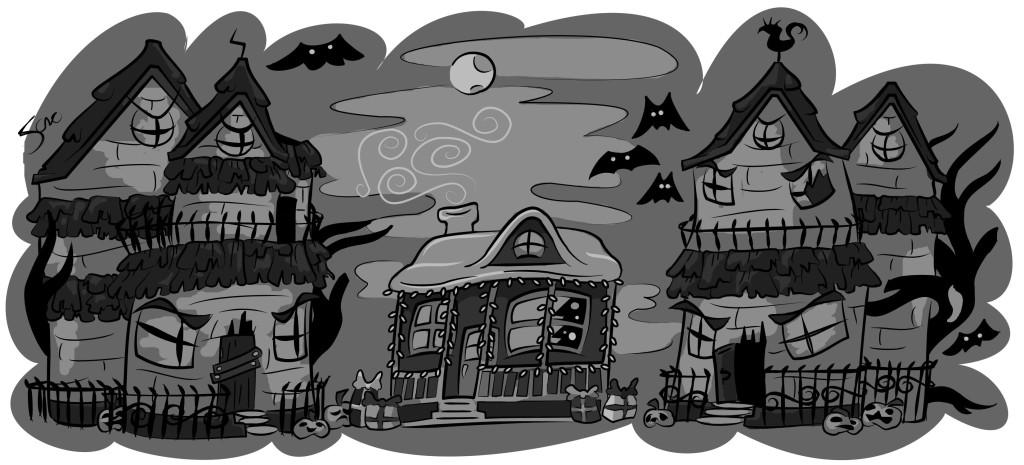You hear it every time you walk through the halls. You see it in the dark circles of your classmates. You smell it in the rich scent of coffee drifting from your friend’s mug.
The effects of sleep deprivation, and the temporary fixes for it, are everywhere. Being tired has become a staple of the teenage life and it seems that very few people see it as anything more than a common experience.
Scientists and psychologists, however, are attempting to convey through research and studies that sleep deprivation is indeed something to worry about.
The National Sleep Foundation (NSF) states that high school students should be getting eight and a half to nine hours of sleep. According to one of NSF’s studies, a mere 15 percent are reaching that goal on school nights.
Reasons for this have been argued and debated for years, but recently scientists have found that sleep deprivation in teens can be blamed both on inner and outer problems.
One such outer problem is technology.
Monique Vaswig is a math teacher who deals with sleepy students daily.
“Kids stay up late playing video games and are then tired all day. I have had parents come in saying, ‘I do not know how to get my kid off the computer, etc.’,” Vaswig said.
Vaswig attributes the increase in tired kids to both the onslaught of new technology and the extraneous amount of activities students are involved in.
“When my daughter was in high school she wanted to do it all: sports, fundraisers, clubs… She had nights with very little sleep because she didn’t want to say no,” Vaswig said.
This resonates with many students, considering even more extracurricular activities are being encouraged and required to get into a good college.
“It is combination of sports and homework,” Tina Holland, a sophomore who sleeps around six to seven hours on a school night, said.
At the time of the interview, Holland had gotten around three hours of sleep the previous night.
“I couldn’t get out of bed this morning and when I did I got light-headed and nauseous,” Holland said.
Holland’s situation seems to fit with the numerous studies pointing to teens being better suited for sleeping late.
“Biological sleep patterns shift toward later times for both sleeping and waking during adolescence — meaning it is natural to not be able to fall asleep before 11 p.m.,” said the NSF on their official website in an article entitled, “Teens and Sleep.”
Due to the problems the sleep shift creates, experts are suggesting starting school at a later time.
“I feel like people would be more energized,” said sophomore Emma Kim.
Although the schedule change may help, there may still be times when a student stays up all night to finish homework. These individuals may be in more danger than they think.
First, driving while fatigued has been compared to driving while you are drunk. The National Highway Safety Traffic Administration has found that around 100,000 accidents are caused by fatigued driving every year.
Secondly, going without sleep also damages your performance in school, especially if you stayed up studying. According to the American Academy of Sleep Medicine, students who slept six hours or less each night for two weeks perform the same as someone who did not sleep for 48 hours. Therefore, if you skip sleep to get a few more hours of studying in, you might harm your grade rather than improve it.


